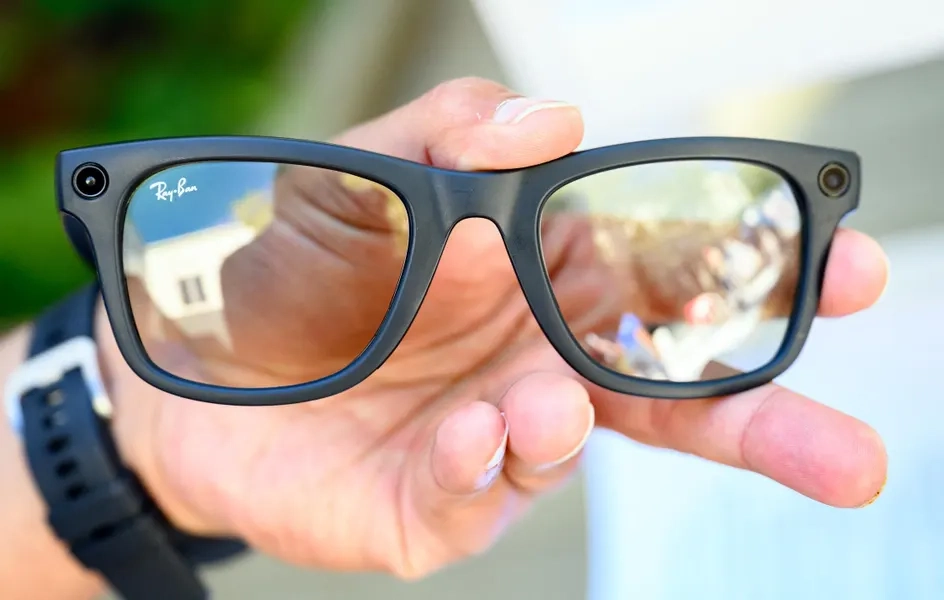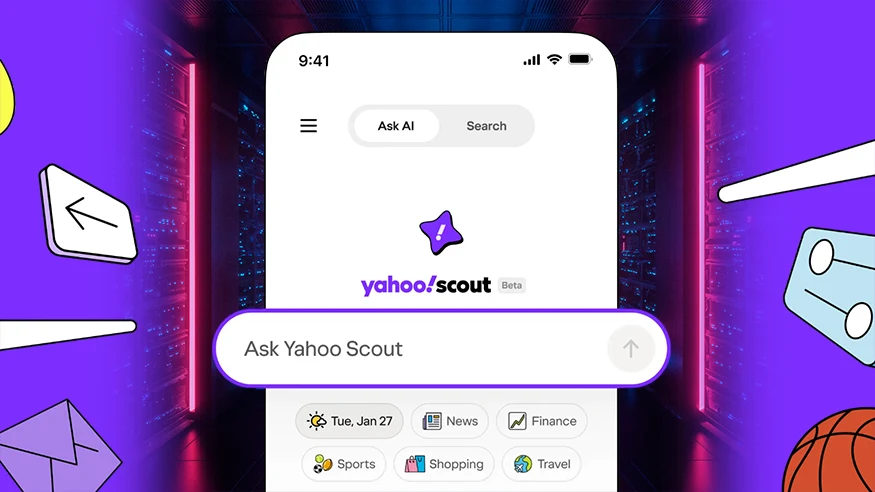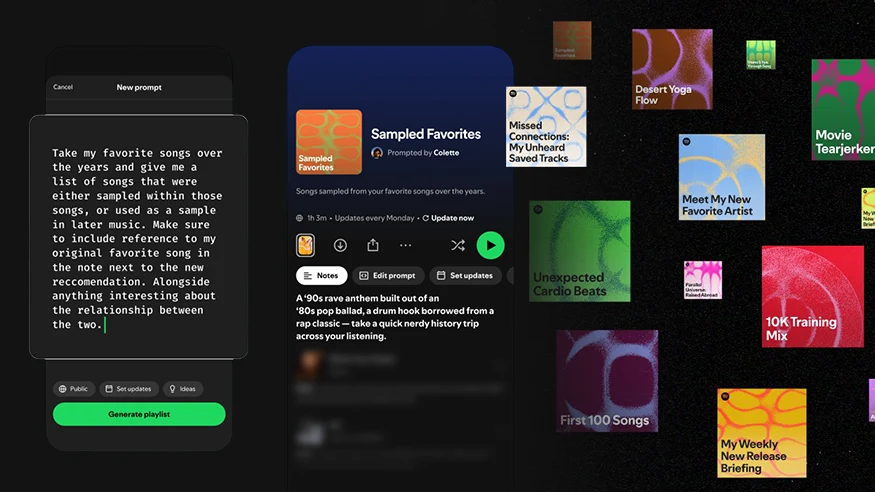Meta Revises Ray-Ban Smart Glasses Privacy to Sharpen AI Learning Focus

Meta Platforms Inc. has implemented significant updates to the privacy policy governing its Ray-Ban Meta smart glasses, expanding the company’s data collection capabilities to enhance its artificial intelligence development. In a communication sent to users on April 29, 2025, Meta revises Ray-Ban smart glasses privacy settings, announcing it will now collect and store more user data by default. This includes effectively removing opt-out options for voice recordings and enabling AI features with camera usage by default.
This strategic pivot comes as Meta prepares to launch the smart glasses in new markets, including India, signaling the company’s intensified focus on training its AI models with real-world data from its wearable technology ecosystem.
Meta Privacy Policy Overhaul and Core Changes
The revised privacy policy introduces two fundamental changes that significantly alter how Meta collects and utilizes user data from its Ray-Ban smart glasses. First, Meta revises Ray-Ban smart glasses privacy by making “Meta AI with camera use” always activated unless users explicitly disable the “Hey Meta” voice command functionality. This means that unless users turn off this hands-free feature, Meta will routinely analyze content captured by the glasses’ integrated camera.
Second, and more controversially, Meta tightens Ray-Ban smart glasses privacy by eliminating the user option to opt out of cloud storage for voice recordings. Meta explained in its user notification: “The choice to turn off voice recordings storage is no longer an option, but you can remove recordings at any time through settings.” According to the company’s voice privacy statement, stored audio recordings and transcripts are retained for up to one year to assist in improving Meta’s products. Recordings deemed unintentional are deleted after 90 days.
This approach mirrors strategies employed by other tech giants like Amazon, which has similarly removed opt-out options for voice data collection with its Echo devices. The policy change represents a significant departure from Meta’s previous stance, where it had positioned the Ray-Ban Meta glasses as “designed for privacy, controlled by you”. The company previously emphasized that “clear, easy device and app settings help you manage your information, giving you control over what content you choose to share”.
Strategic Rationale and AI Development Goals
The reasons why Meta revises Ray-Ban smart glasses privacy are evident: the company is seeking richer, real-world data to advance its AI systems. The glasses allow Meta to collect multimodal data—voice, video, and contextual inputs—feeding AI models that need real-world exposure to improve their accuracy and responsiveness.
By dramatically expanding access to real-time, human-environment interactions, Meta is sharpening its AI learning focus—training models to better interpret voice cues, visual patterns, and contextual behavior through constant exposure to authentic data streams.
As Meta’s most successful AI wearable, the glasses now act as both a consumer gadget and a distributed sensor network. This aligns with the company’s broader push into the AI space, including its standalone Meta AI app that competes with ChatGPT, Claude, and Google Gemini. Meta collects more data from Ray-Ban with the goal of better capturing the full spectrum of human-environment interaction, potentially giving it a competitive data advantage over rivals.
This data collection strategy aligns with Meta’s broader AI ambitions, as evidenced by its recent launch of a standalone Meta AI application on smartphones designed to compete directly with ChatGPT, Google’s AI offerings, and Anthropic’s Claude. By leveraging data from its wearable ecosystem, Meta can potentially develop AI models that better understand human-environment interactions, potentially giving it a competitive edge against rivals who may not have access to similar real-world data streams.
User Control in the New Privacy Landscape
While Meta has removed certain privacy options, the company maintains that users still retain some control over their data. Users can manually delete recordings through the settings menu at any time, though this requires active management rather than a simple opt-out. Additionally, users can completely disable the “Hey Meta” functionality, which would prevent AI-powered camera features from operating, effectively reverting the glasses to traditional camera functionality controlled by physical buttons.
For images and videos captured using the glasses, Meta claims these “will only be stored locally on a device and will not be accessed by Meta unless those photos are used by a Meta product”. However, the company also notes that “if a photo or video is used with Meta AI, or if cloud processing is turned on and media is sent to Meta’s servers, it can be used to improve Meta’s services”. This creates a situation where any media shared to Instagram, Facebook, or other Meta platforms becomes available for AI training purposes.
Meta’s communication about these changes seems designed to emphasize user control while simultaneously removing meaningful opt-out options. The company suggests that “users can disable ‘Hey Meta’ anytime,” but as privacy advocates have noted, this means users must choose between privacy protection and core AI functionality that makes the product valuable.
Meta Ray-Ban Smart Glasses: Global Expansion and Market Context

The privacy policy changes come at a significant moment for Meta’s wearable strategy, as the company recently announced plans to launch Ray-Ban Meta glasses in India, Mexico, and the United Arab Emirates. The India launch, in particular, represents a major expansion into one of the world’s largest consumer markets, though Meta has not yet specified an exact release date.
The current generation of Ray-Ban Meta glasses, launched globally in September 2023, starts at $299, while reports suggest Meta is developing a premium version slated for release in late 2025 that could retail for approximately $1,000. This suggests a bifurcated product strategy with both mainstream and high-end offerings.
The glasses have gained popularity for their blend of fashionable Ray-Ban styling and practical AI features including hands-free photo and video capture, voice-activated assistance, live translation capabilities across English, Spanish, French, and Italian, and the ability to identify objects in the wearer’s field of view. Users can also send and receive messages through various Meta platforms including WhatsApp, Messenger, and soon Instagram.
Privacy Concerns and Regulatory Challenges
The expanded data collection practices have raised concerns among privacy advocates, particularly given Meta’s controversial history with user data. The revision of privacy policies to remove opt-out options represents a significant shift in how the company approaches consumer privacy with wearable technology.
These changes may face particular scrutiny in regions with strict privacy regulations, such as the European Union. Meta has already encountered regulatory challenges in the EU, having halted the rollout of advanced AI features there due to uncertain data privacy regulations under GDPR. In July 2024, Meta paused its AI data collection in response to a request from Ireland’s Data Protection Commission.
Privacy campaigner Max Schrems has specifically challenged Meta’s legal basis for collecting personal data, arguing that Meta’s claim to use any data for any purpose via AI technology contradicts GDPR compliance. This suggests the company’s expanded data collection for Ray-Ban glasses might face similar regulatory challenges in Europe.
Even at their initial launch, critics raised concerns that the glasses represented “a direct threat to people’s privacy” by enabling surreptitious recording and photography. The removal of privacy options seems likely to intensify these concerns, as the AI-powered glasses now have greater capability to analyze and process what they capture.
Technical Capabilities Enhanced by Data Collection
Meta’s expanded data collection strategy directly supports the enhancement of the glasses’ AI capabilities. The Ray-Ban Meta glasses currently feature dual 5-megapixel cameras, three microphones, and built-in speakers that enable voice commands, calls, and audio playback. The AI assistant can answer questions, identify objects in view, and help capture photos and videos through voice commands.
This influx of user-generated data contributes to continuous AI learning cycles, where every voice prompt, visual recognition, or environmental context helps refine Meta’s large language and vision models in real-world conditions.
The live translation feature, recently added to the product, provides seamless conversation translation across English, French, Italian, and Spanish, even without internet connectivity if language packs are downloaded in advance. This feature demonstrates Meta’s focus on making the glasses useful in real-world social contexts.
Mark Zuckerberg highlighted the company’s approach at Meta Connect: “The reality is that most of the time you’re not using smart functionality, so people want to have something on their face that they’re proud of and that looks good… We keep updating the software and building out the ecosystem, and they keep on getting smarter and capable of more things“. This philosophy explains Meta’s dual focus on stylish design and increasingly sophisticated AI capabilities.
Conclusion: Meta Revises Ray-Ban Smart Glasses Privacy
Meta’s revision of its Ray-Ban smart glasses privacy policy represents a significant strategic pivot toward prioritizing AI advancement through expanded data collection. By removing opt-out options for voice recordings and making AI features enabled by default, the company has clearly signaled its intent to leverage its wearable ecosystem as a data source for training and improving its AI models.
Ultimately, this marks a deliberate step by Meta to position the Ray-Ban smart glasses as key tools in accelerating AI learning—where everyday user interactions serve as training fuel for building smarter, more context-aware systems.
As Meta prepares to launch these glasses in new markets like India and develops more advanced models for future release, the tension between innovation and privacy concerns will likely intensify. Regulatory challenges, particularly in regions with strict data protection laws, may force the company to adopt different approaches in different markets.
For consumers, the privacy changes present a clearer choice: embrace Meta’s AI ecosystem and accept its data collection practices, or look elsewhere for smart glasses that offer greater privacy controls. As wearable AI technology becomes more mainstream, this balance between utility and privacy will remain a central consideration for both companies and consumers navigating this evolving landscape.







